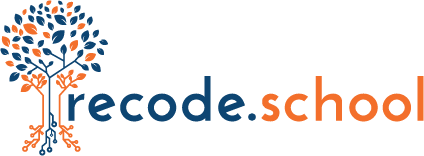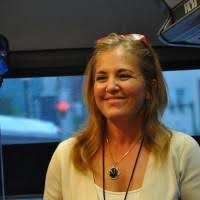Our Entrepreneurial Government ??
This episode of Freakonomics was fascinating with Mariana Mazzucato of University College London. She makes the case that government gets way less credit as an engine of technology development and economic growth than it should because it is the investor of first resort in early stage, non-commercially viable ideas ... who only later become commercially viable (GPS, the Internet, fracking, etc.). I've heard these kinds of arguments before, but takes it further than those previous arguments because she believes that the government should be getting a bigger return for their (our) investment. On that point, I do not think I agree across the board but might agree on a case by case basis. Anyway, it is just a useful thought provoking conversation for educational spaces.
Worth a listen and then a secondary thought about how much innovation government is responsible for in public education? In an era of Government retreating from governing, what innovation support might we lose?





